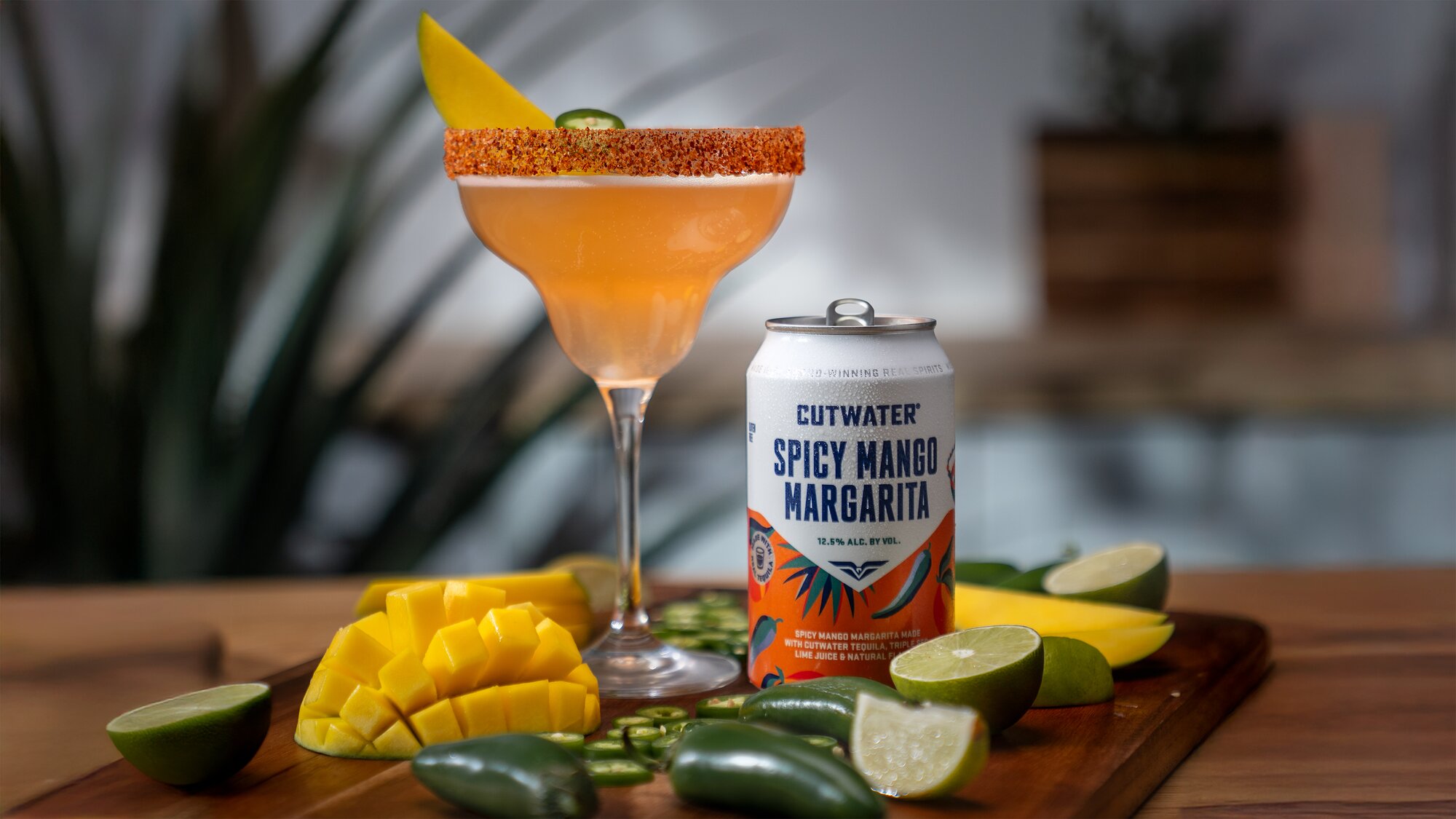(Bayonne, NJ , MARCH 1, 2023) -- With the Jewish holiday of Passover just around the corner (Passover begins APRIL 5), many people choose to serve wines that are kosher-certified. So, just how different is kosher wine from the non-kosher stuff?
“When it comes to taste, there’s no difference between kosher and non-kosher wine,” says Jay Buchsbaum, Executive VP Marketing and Director of Wine Education at Royal Wine Corp. — the top kosher wine purveyor in America. “In fact, many kosher wines are award winning - beating out their non-kosher competitors for top varietal prizes, including Cabernet Sauvignon, Chardonnay and rosés as well.
There’s a common ‘urban legend’ that wine is rendered kosher after being blessed by a Rabbi – that is incorrect. For a wine to be made kosher there are strictly supervised purity guidelines that need to be followed from the moment the grapes enter the winery to when the wine is bottled,” adds Buchsbaum.
To be considered kosher, Sabbath-observant Jews must supervise and sometimes handle the entire winemaking process, from the time the grapes are crushed until the wine is bottled. Any ingredients used, including yeasts and fining agents*, must be kosher.
Some Kosher wines are processed as Mevushal, which means ‘cooked’ in Hebrew. Some wineries produce their Mevushal wines by heating the must (grape juice) prior to fermentation, while others apply that procedure on the final product, prior to bottling.
When kosher wine is produced, marketed and sold commercially, it will bear kosher certification granted by a specially-trained rabbi who is responsible for supervision from start to finish.
Recent years have seen increased demand for kosher wines, prompting a number of vintners in countries not previously represented to produce sophisticated kosher wines under strict rabbinical supervision in countries such as South Africa, Chile and Canada, in addition to traditional sources such as Israel, France, California Spain and Italy.
Ten More Things to Know About Kosher Wine
1) Kosher wine is made in precisely the same way as ‘regular’ wine. The only difference is that there is rabbinical oversight during the process and that the wine is handled by Sabbath-observant Jews.
2) Not all Israeli wines are kosher. Only about 30% of Israeli wine brands are certified kosher, but these kosher wineries produce over 90% of the Israel wine industry’s output.
3) In the 1980s, there were very few kosher wines. Buchsbaum says that Royal Wine only imported three kosher wines from Bordeaux back then.
4) The number of producers of kosher wines has dramatically increased in the past 10 to 20 years. To-date, Royal Wine Corp. represents more than 60 kosher wine producers. This is due to an increase in interest from consumers who are adding to their kosher wine portfolios, and in some cases building actual kosher wine cellars in their homes, a rare sight just two decades ago.
5) While several well-known wineries in countries from all over the world including France, Spain, Italy, and Argentina are crafting special runs of kosher wine, California is not. Except for Marciano Estate, which produces a kosher run of their Terra Gratia, a high-end Napa Valley Blend, all kosher California wine is made by fully kosher wineries such as Herzog Wine Cellars, Covenant and Hagafen.
6) The reason many Passover dinners feature red wine is because there’s a rabbinic opinion that red wine is preferable since it’s the same variety that Jews used during their Seders after they escaped Egypt.
7) Kosher wines can range in price from $5.00 a bottle to $500. The average price for a bottle of good kosher wine is $25.
8) The most popular Moscato in the U.S. happens to be kosher. Bartenura produces the largest selling imported Italian Moscato in the U.S. The Moscato in the famous blue bottle sells over 5,000,000 bottles annually, only a fraction of which to the kosher market.
9) Currently there is a steady increase in total wine consumption and a great interest specifically in high-end Israeli wines, as well as the better French wines.
10) Drinking wine can be a Mitzvah (good deed). Kosher wine is prescribed for use in many Jewish rituals: Bris Milah (circumcision), the wedding chuppa (canopy), and the Kiddush that starts all Sabbath and holiday meals. While most occasions call for just one cup, on the holiday of Purim, wine (in abundance) is the beverage of choice for the festive meal, recalling wine’s significant role in the "banquets" described in the Megillah story. On Passover, Jews are required to drink four cups of wine at the Seder.
Founded in 1848, Royal Wine Corp. has been owned and operated in the United States by the Herzog family, whose winemaking roots go back eight generations to its origin in Czechoslovakia.
Today, Royal Wine's portfolio of domestic and international wines range from traditional wine producing regions of France, Italy and Spain, as well as Israel, New Zealand and Argentina.
Additionally, Royal Wine Corp.’s spirit and liqueur portfolio offer some of the most sought-after scotches, bourbons, tequilas and vodkas as well as hard to find specialty items such as flavored brandies and liqueurs.
The company owns and operates the Kedem Winery in upstate New York, as well as Herzog Wine Cellars in Oxnard, California, a state-of-the-art-facility featuring guided wine tours, a fully staffed modern tasting room, gift shop and catering facilities. Additionally, the winery houses the award-winning restaurant Tierra Sur, serving the finest, Mediterranean-inspired, contemporary Californian Cuisine.
Jay Buchsbaum has helped guide the Royal Wine Co. for more than 30 years.









0 comments (click to read or post):
Post a Comment
Please leave a comment...I do moderate each comment so it may not appear immediately...and please be nice! You can also comment using Disqus (below) or even comment directly on Facebook (bottom).